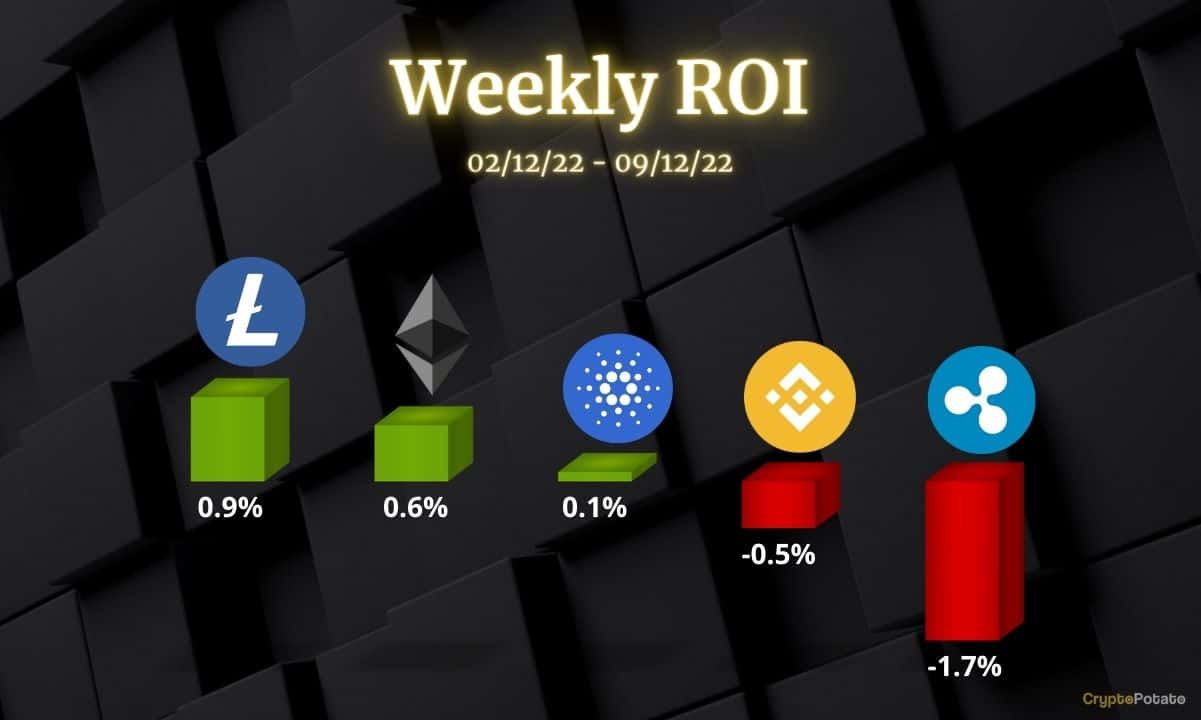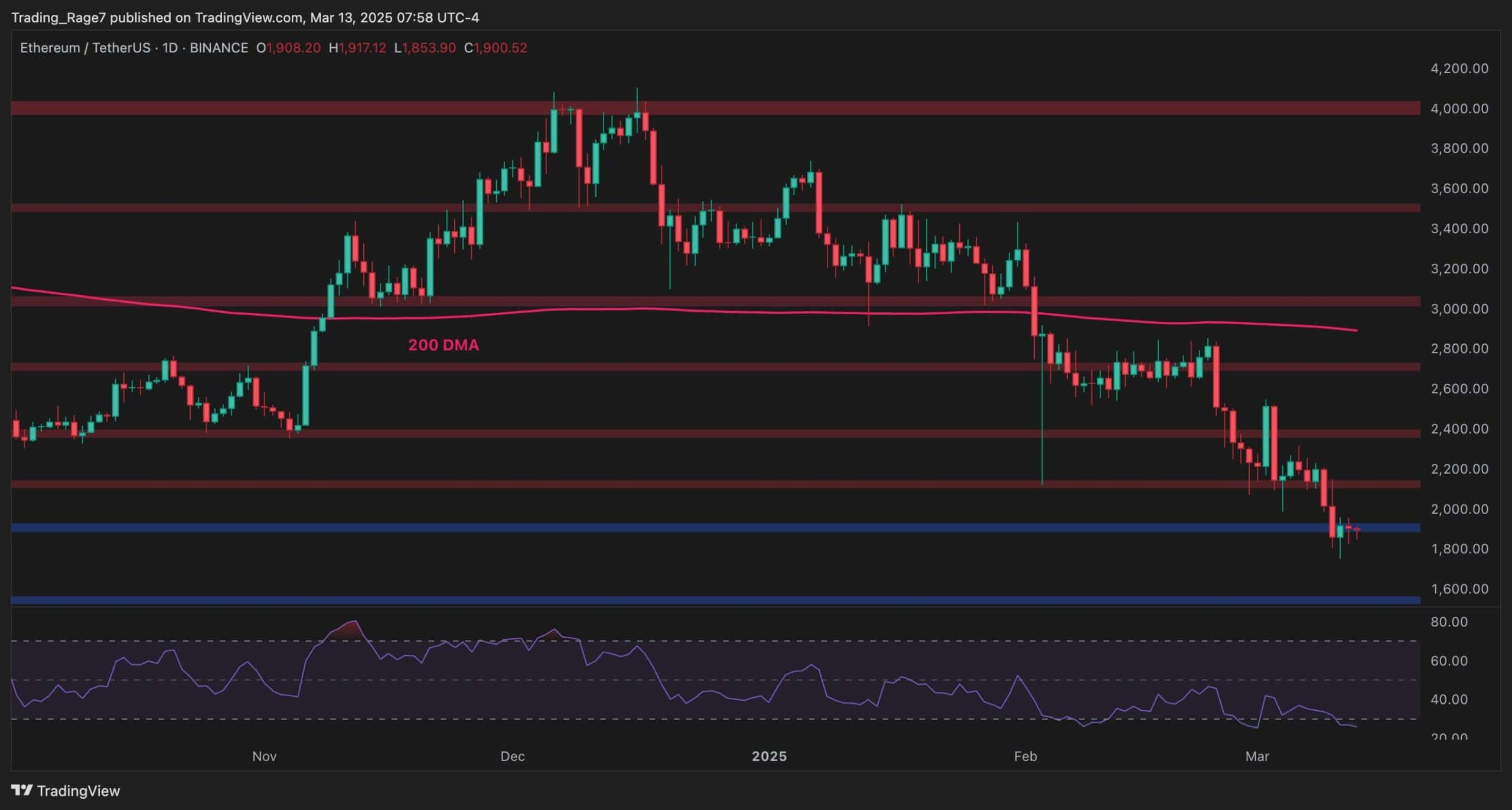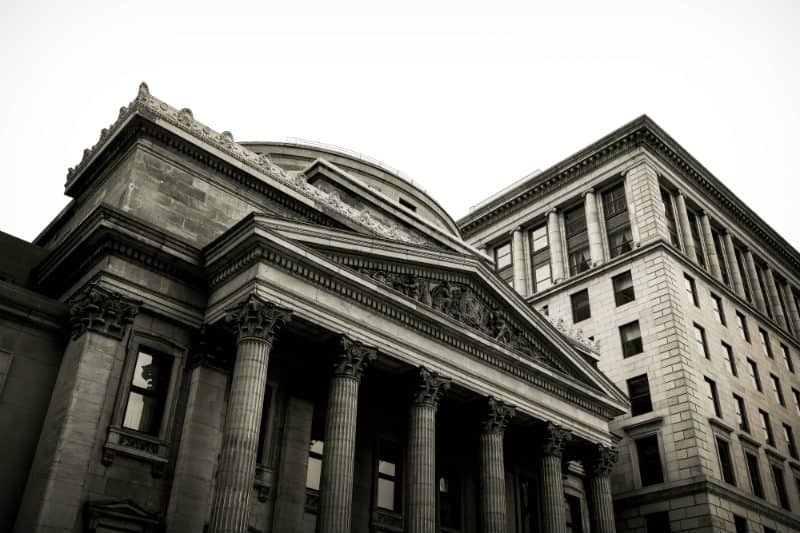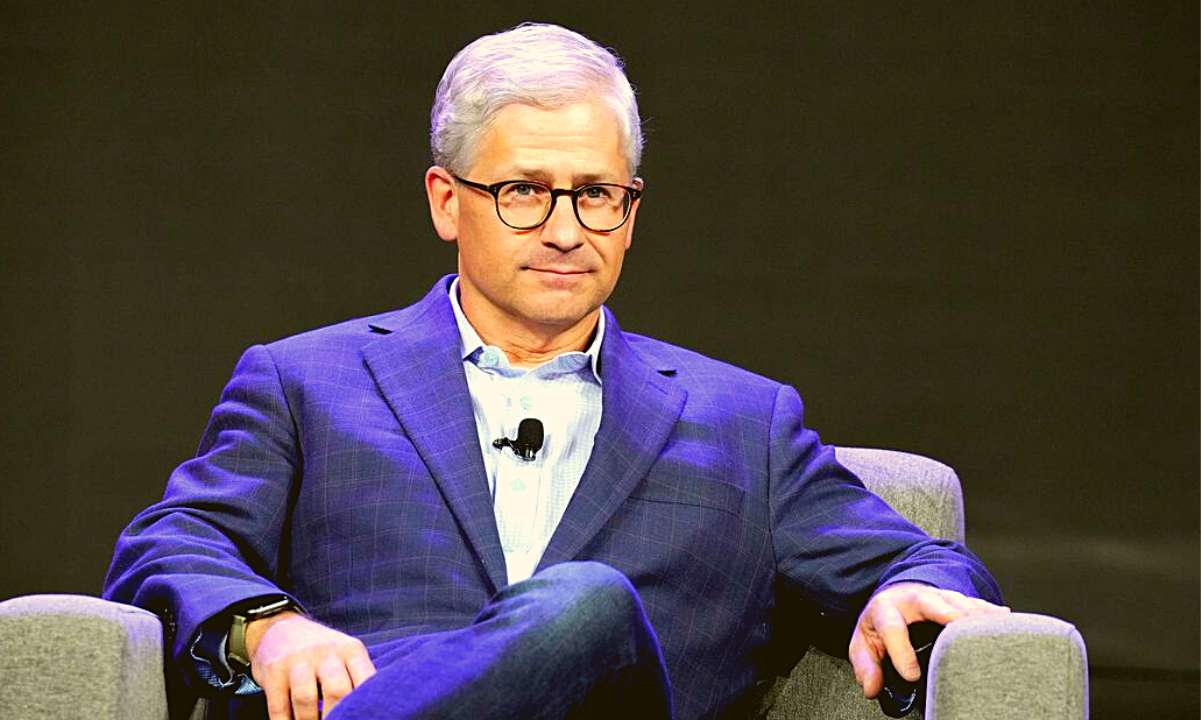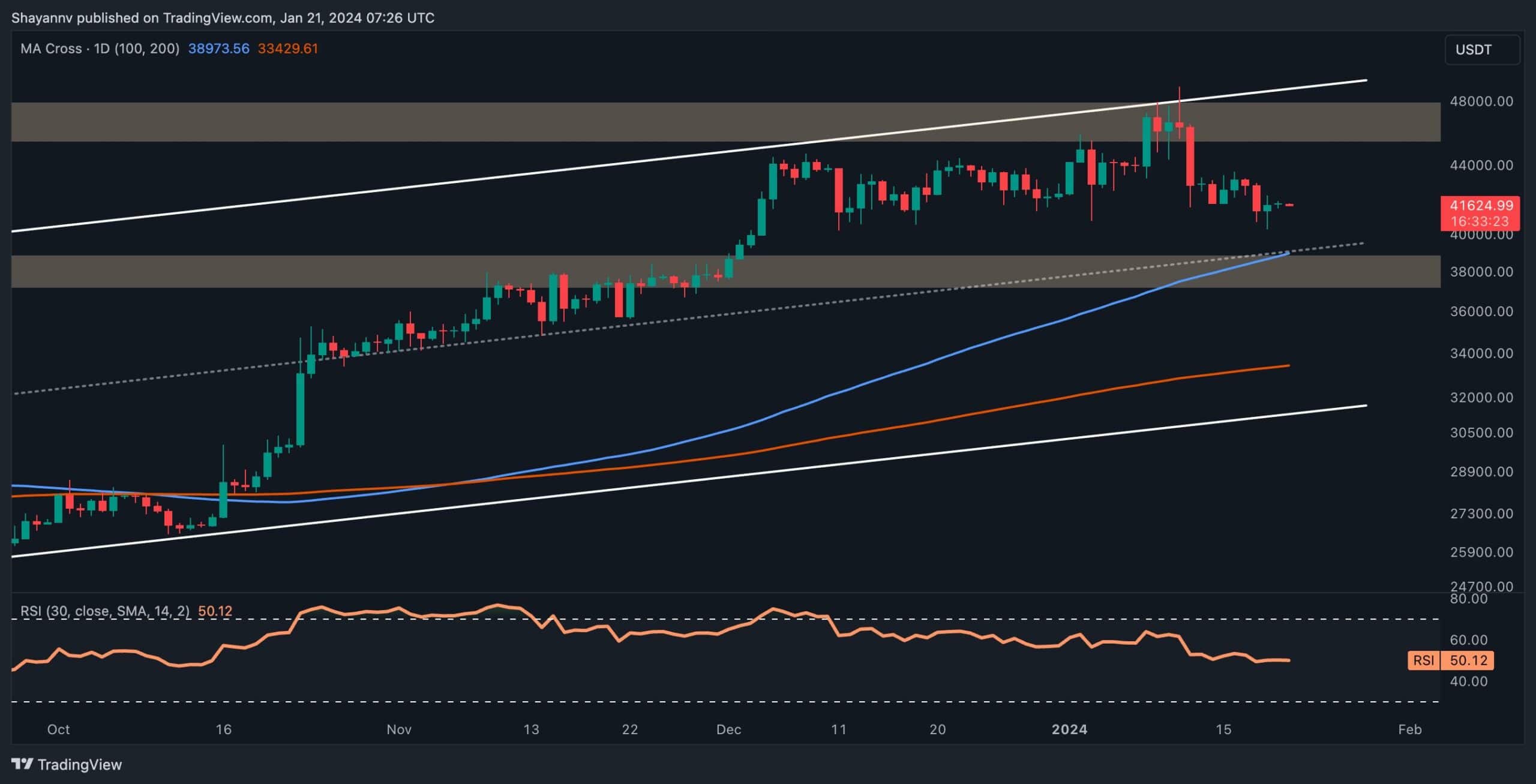Bitcoin’s Volatility Will Stop Corporations From Following Tesla’s Example, JPM Strategists Say
Tesla’s massive $1.5 billion BTC purchase could be too risky for other large corporations to follow, argued JPMorgan Chase & Co strategists. They reasoned with bitcoin’s volatility that could prevent more old-school investors and individuals from allocating funds in the crypto asset.
Corporations May Not Follow Tesla, JPM Says
Elon Musk’s electric vehicle and clean energy company has bought $1.5 billion (15% of its net cash holdings) in bitcoin, as revealed earlier this week. Apart from the immediate positive effect on the asset’s price, most crypto proponents believe that many more companies will follow.
Some of the initial speculations breached the world’s most valuable firm – Apple, while an anonymous Max Keiser source said it could be the IT giant Oracle.
However, analysts from the large US multinational investment bank JPMorgan offered the opposite opinion. Cited by Bloomberg, they admitted that the move would draw the spotlight on bitcoin but called it too risky for most:
“The main issue with the idea that mainstream corporate treasurers will follow the example of Tesla is the volatility of Bitcoin.” Even making a small 1% allocation in BTC “would cause a big increase in the volatility of the overall portfolio.”
The strategists argued that bitcoin’s annualized volatility is at 80%, which will make the entire corporate treasury portfolio significantly more volatile even with a 1% allocation.
Michael Saylor Disagrees
MicroStrategy’s co-founder and CEO, Michael Saylor, would probably disagree with JPM’s narrative that corporations might find investing in bitcoin too risky and volatile.
Upon also purchasing more than $1 billion in BTC for himself and the company that he runs, the executive decided to run educational panels for corporations on if and how they could turn bitcoin into their reserve treasury asset.
The reported figures seemed quite impressive as nearly 7,000 enterprises took part. Saylor also doubled-down on his belief that large companies should indeed put some, if not most, of their excess cash into the cryptocurrency during a recent CNN interview.
He asserted that the COVID-19 pandemic “changed everything” in the financial world. Global superpowers, including the US, began expanding their money supply by 15% or more, which is a trend that will only intensify in the next 4-8 years.
As such, Saylor believes that cash is a “dilutive” asset because it’s losing 15% of its purchasing power per year. In contrast, if corporations convert their cash holdings to the “best performing asset, which is bitcoin,” it would be “really good for shareholder value.”



